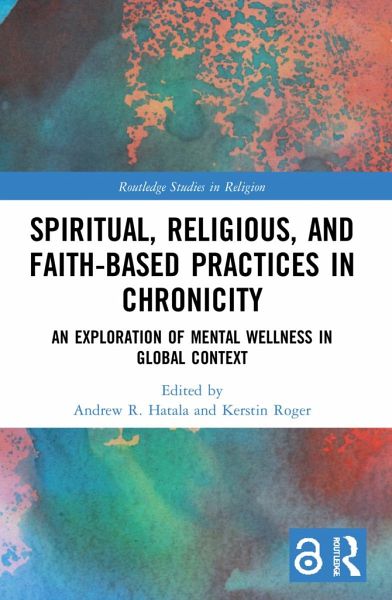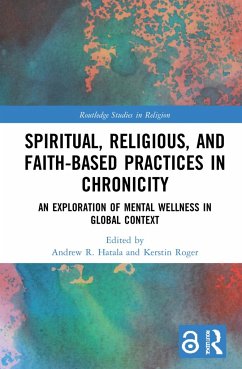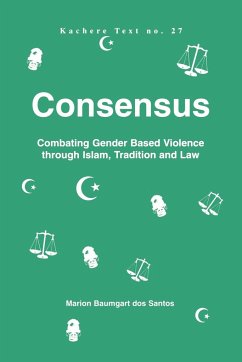Andrew R. Hatala, PhD, is an Associate Professor in the Department of Community Health Sciences, Max Rady College of Medicine, Rady Faculty of Health Sciences, University of Manitoba. As a practicing member of the global Bahá'i religious community, and a medical and psychological anthropologist with interest in cultural psychiatry, spirituality, and health psychology, his published works and research focus on qualitative methodologies, culture and spirituality, mental health, Indigenous healing and epistemology, Indigenous nosology of mental illness and disorder, and resilience and wellness among Indigenous youth populations. Kerstin Roger, PhD, is a Professor in the Department of Community Health Sciences, Max Rady College of Medicine, Rady Faculty of Health Sciences, University of Manitoba. Her current research focusses on chronic illness, aging, caregiving, and the family. Dr Roger has been a Principal Investigator on multi-site, nationally funded research (e.g., PHAC, SSHRC, Movember, federal government), as well as conducting provincial and regionally funded research. She has worked on international collaborations, local not-for-profit community initiatives, and continues to co-author and engage graduate students in her research.
















